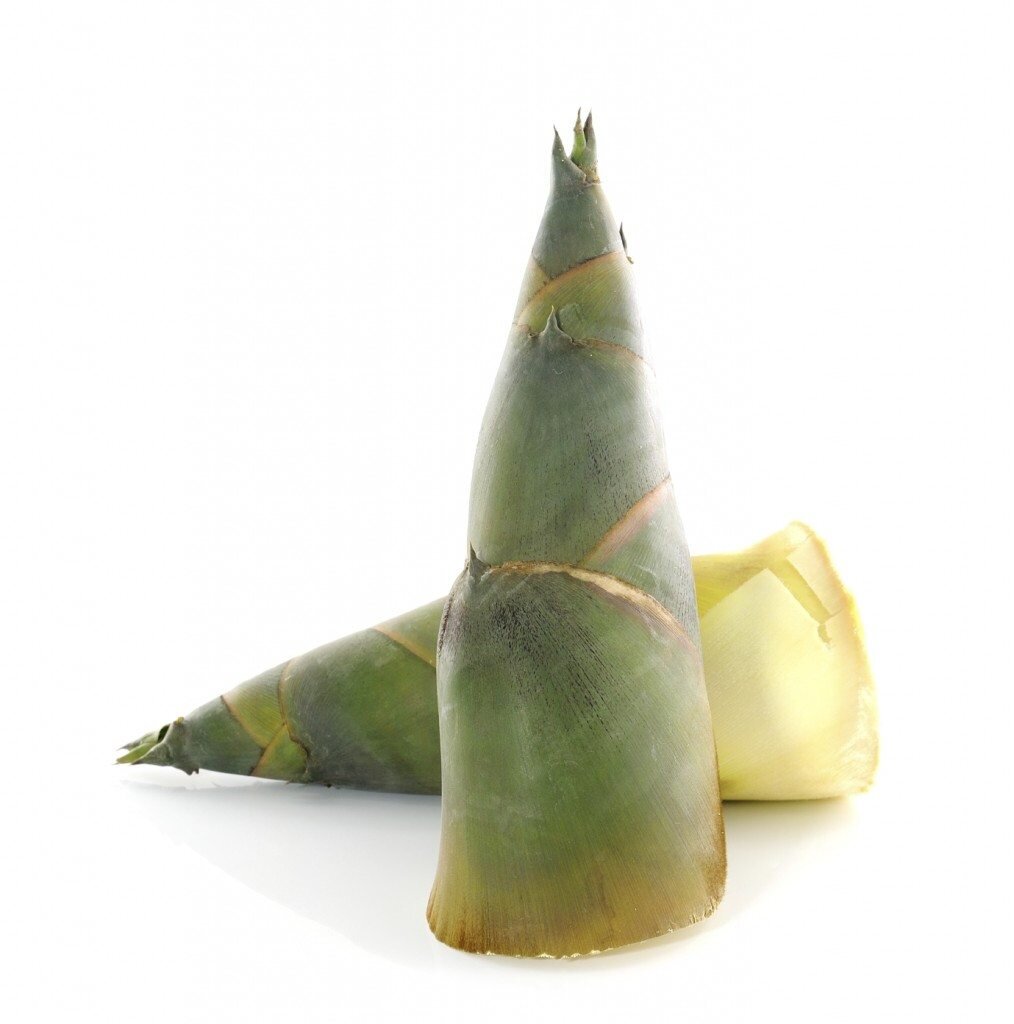World Bamboo Day | 19 Sep 2020
Why in News
World Bamboo Day is celebrated every year on 18th September.
- Theme of 2020: Bamboo Now
Key Points
- World Bamboo Day : It was officially established by the World Bamboo organization at the 8th World Bamboo Congress held in Bangkok in 2009.
- World Bamboo Organization : It was set up at the 1992 International Bamboo Congress in Japan.
- It is an international coordinating body for bamboo practitioners dedicated to promoting the use of bamboo and bamboo products for the sake of the environment and economy.
- Properties of Bamboo
- Versatile Uses: Bamboo can be used in 1,500 different ways including as food, a substitute for wood, building and construction material, for handicrafts and paper. Due to its versatile nature and multiple uses, it is also called ‘poor man’s timber’.
- Environmental Benefits: It can be planted to reclaim severely degraded sites and wastelands. It is a good soil binder owing to its peculiar clump formation and fibrous root system and hence also plays an important role in soil and water conservation.
- It is the fastest growing canopy, releasing 35% more oxygen than trees and can sequester 12 tonnes of carbon dioxide from per hectare.
- Use in Covid-19 : Bamboo has been a key ingredient in new antimicrobial soaps and hand mists developed by scientists from the Philippines to fight the novel coronavirus.
- Nutraceutical Bamboo Shoot: Bamboo shoots have nutraceutical properties, according to experts.

- The term ‘nutraceutical’ is used to describe medicinally or nutritionally functional foods.
- Bamboo shoots or bamboo sprouts are the edible newly sprouted canes of bamboo that form just under the soil and have a firm, crisp texture.
- Bamboo shoots are emerging as high-value and safe edibles and are also among the cheapest immunity boosters for increasing the human body’s resistance to viral attacks.
- The protein content in fresh bamboo shoots can range between 1.49-4.04%. They also contain 17 amino acids, eight of which are essential for the human body.
- Global Market:
- The present global market of bamboo shoots is around 1,700 million USD.
- More than 3 million tonnes of bamboo shoots are consumed across the earth annually.
- According to the International Network for Bamboo and Rattan (INBAR), China exports 68% of the world’s bamboo and rattan (a type of Palm Fibre) products valued at 1,112 million USD.
- INBAR is a multilateral development organisation, founded in 1997 which promotes environmentally sustainable development using bamboo and rattan.
- Indian Scenario:
- According to the National Bamboo Mission, India has the highest area (13.96 million hectares) under bamboo.
- It is the second richest country after China in terms of bamboo diversity with 136 species.
- The annual production of bamboo in India is 14.6 million tonnes and the bamboo-rattan industry in the country was worth Rs. 28,005 crore in 2017.
- Bamboo shoot production and consumption in India are confined mostly to the north-eastern States.
Initiatives to Promote Bamboo
- Bamboo Clusters: Recently, the Union Minister for Agriculture and Farmers’ Welfare has virtually inaugurated 22 bamboo clusters in 9 states viz. Gujarat, Madhya Pradesh, Maharashtra, Odisha, Assam, Nagaland, Tripura, Uttarakhand and Karnataka.
- MSP Hike: Recently, the Central government has revised the Minimum Support Price (MSP) for Minor Forest Produce (MFP).
- MFP includes all non-timber forest produce of plant origin and includes bamboo, canes, fodder, leaves, waxes, resins and many forms of food including nuts, wild fruits, lac, tusser etc.
- National Bamboo Mission: The restructured NBM was launched in 2018-19 for the holistic development of the complete value chain of the bamboo sector and is being implemented in a hub (industry) and spoke model.
- It supports local artisans through locally grown bamboo species, which will actualise the goal of Vocal for Local and help increase the income of farmers, reducing dependency on imports of raw material.
- Removal of Bamboo from ‘Tree’ Category: The Indian Forest Act 1927 was amended in 2017 to remove bamboo for the category of trees.
- As a result, anyone can undertake cultivation and business in bamboo and its products without the need of a felling and transit permission.
- Farmer Producer Organisations (FPOs): 10,000 new FPOs will be formed in 5 years.
- FPOs engage in providing a range of assistance to farmers like imparting better farm practices, collectivisation of input purchases, transportation, linkage with markets, and better price realisation as they do away with the intermediaries.
Way Forward
- India needs to promote Bamboo Shoots as a super-food. It will help in alleviation of malnutrition and hunger.
- Value-addition in Bamboo shoots which enhances storage and diversification in new-age food products like vegetable protein concentrates can enhance its market potential and consumer acceptability.
- States need to take forward the objectives of the National Bamboo Mission which would contribute to the Aatmanirbhar Bharat Abhiyan through Aatmanirbhar Krishi (self-reliant farming).
